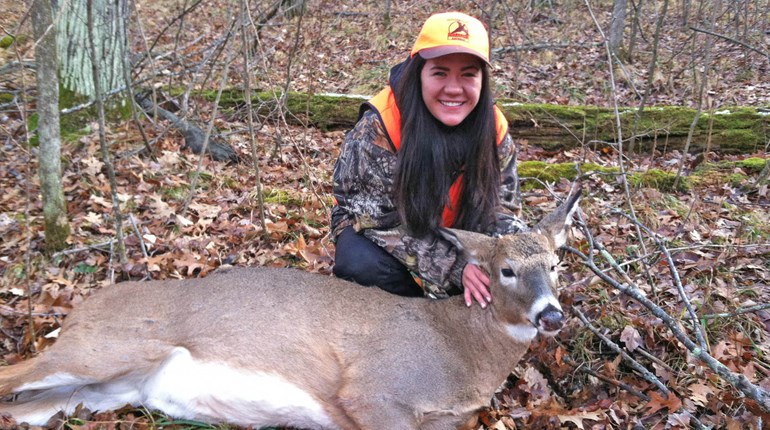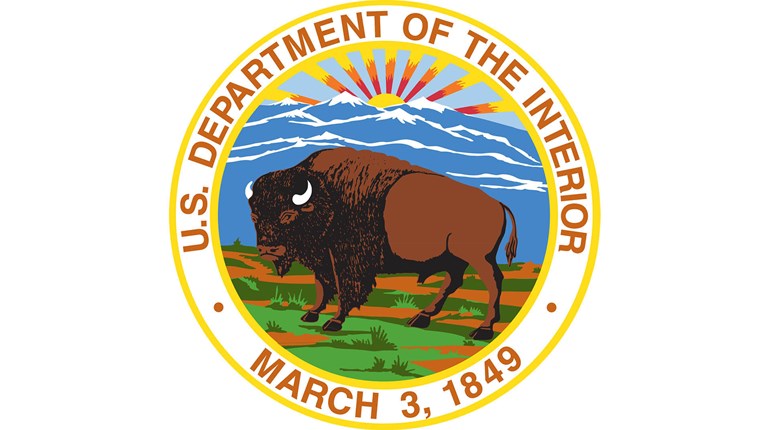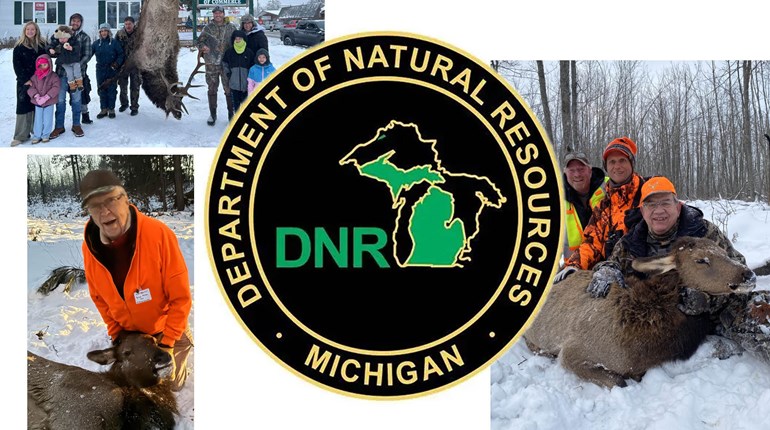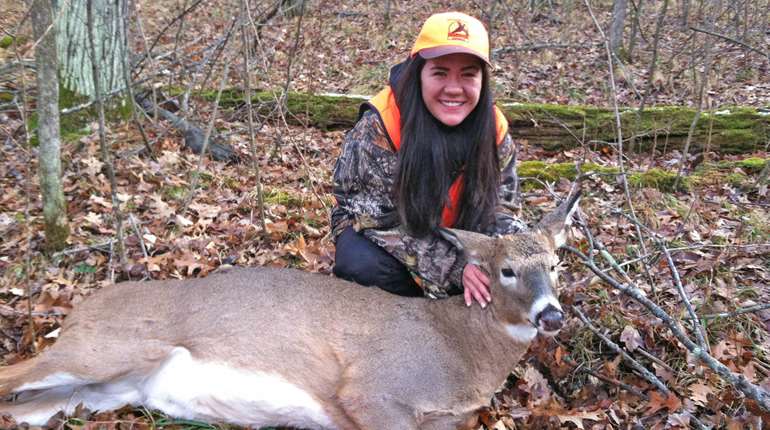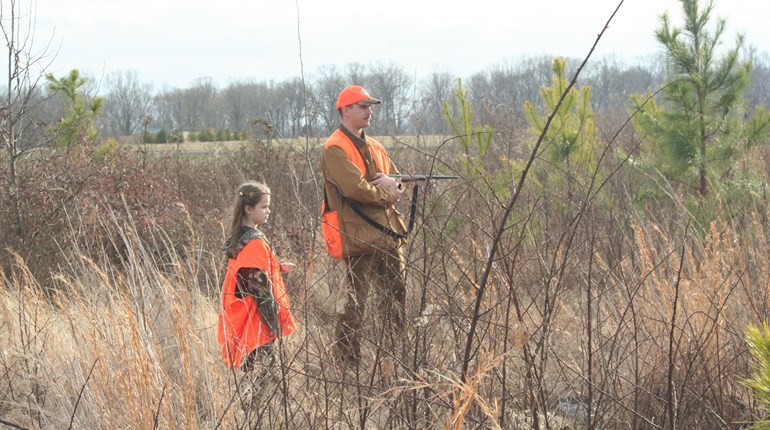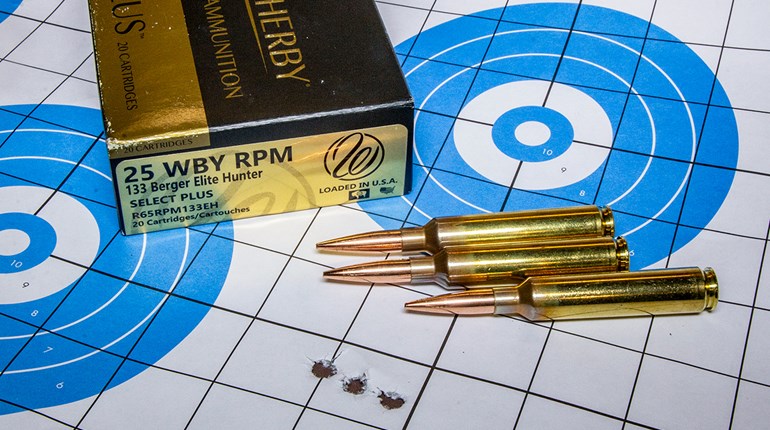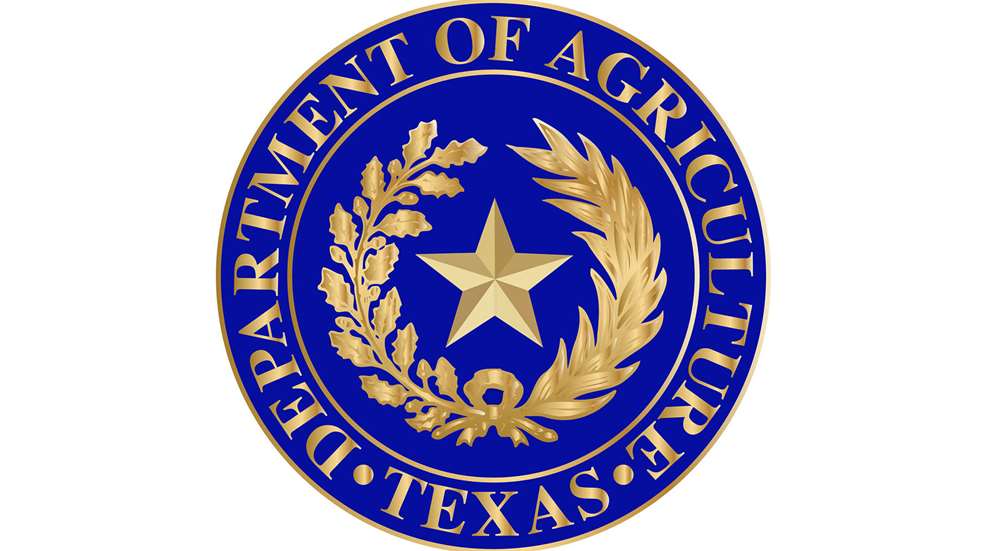
The Texas Department of Agriculture (TDA) announced this month it has developed a state-of-the-art attractant to track New World screwworm (NWS) fly movement and proactively eliminate them where they are located. During the 1960s the Lone Star State’s deer population was reduced by roughly 50 percent during the peak of the insect’s invasion, according to the Texas Wildlife Association. The flesh-eating maggot stage bores into mammals, including livestock, resulting in high mortality rates.
“When it comes to safeguarding Texas’ $15 billion cattle industry, we need to focus on action rather than words. That’s why I instructed my Biosecurity team to develop an effective screwworm lure,” said Texas Agriculture Commissioner Sid Miller. “This new attractant, named TDA Swormlure, marks a serious upgrade in our efforts to protect Texas livestock from the threat of the New World Screwworm, now roughly 370 miles south of Texas.”
Miller said other tools like the Sterile Insect Technique, which was used in fighting against the screwworm threat from the 1930s to the 1970s, will still play an important role, but it’s no longer enough. Relying only on sterile flies is outdated and that new and improved approaches are required. He added TDA Swormlure marks a new chapter in prevention, supported by science, intended for widespread use, and created with smarter tools and a stronger defense.
TDA Swormlure features a sophisticated chemical blend enclosed in a proprietary polymer and has an easy-to-use delivery system. It is currently being tested in Panama, an NWS hot zone, through a partnership with the United States Department of Agriculture’s Animal and Plant Health Inspection Service. Early feedback has been encouraging, and the traps are expected to outperform anything else available.
Commissioner Miller said that the Texas Department of Agriculture is not stopping with just TDA Swormlure. “We’re collaborating with the USDA, the US Food and Drug Administration (FDA), and industry leaders to develop a comprehensive set of tools to directly combat the screwworm,” Miller added.
Conservation Organizations
The threat has caught the attention of a variety of conservation organization. The latest to sound the alarm is Dallas Safari Club.
“DSC joins with other North American wildlife conservation and hunting organizations in supporting federal, state and local authorities in combating NWS,” it stated in a recent press release. “We are committed to leveraging our educational platforms, communications outreach, and membership network to raise awareness and promote preventative action.”
“We also recognize the serious economic and ecological threat that this parasite represents—particularly to private landowners and ranchers across Texas and the southern United States who have long been the dedicated stewards of all wildlife and livestock. These landowners, the rural economies linked to their land, and our wildlife must be protected.”












